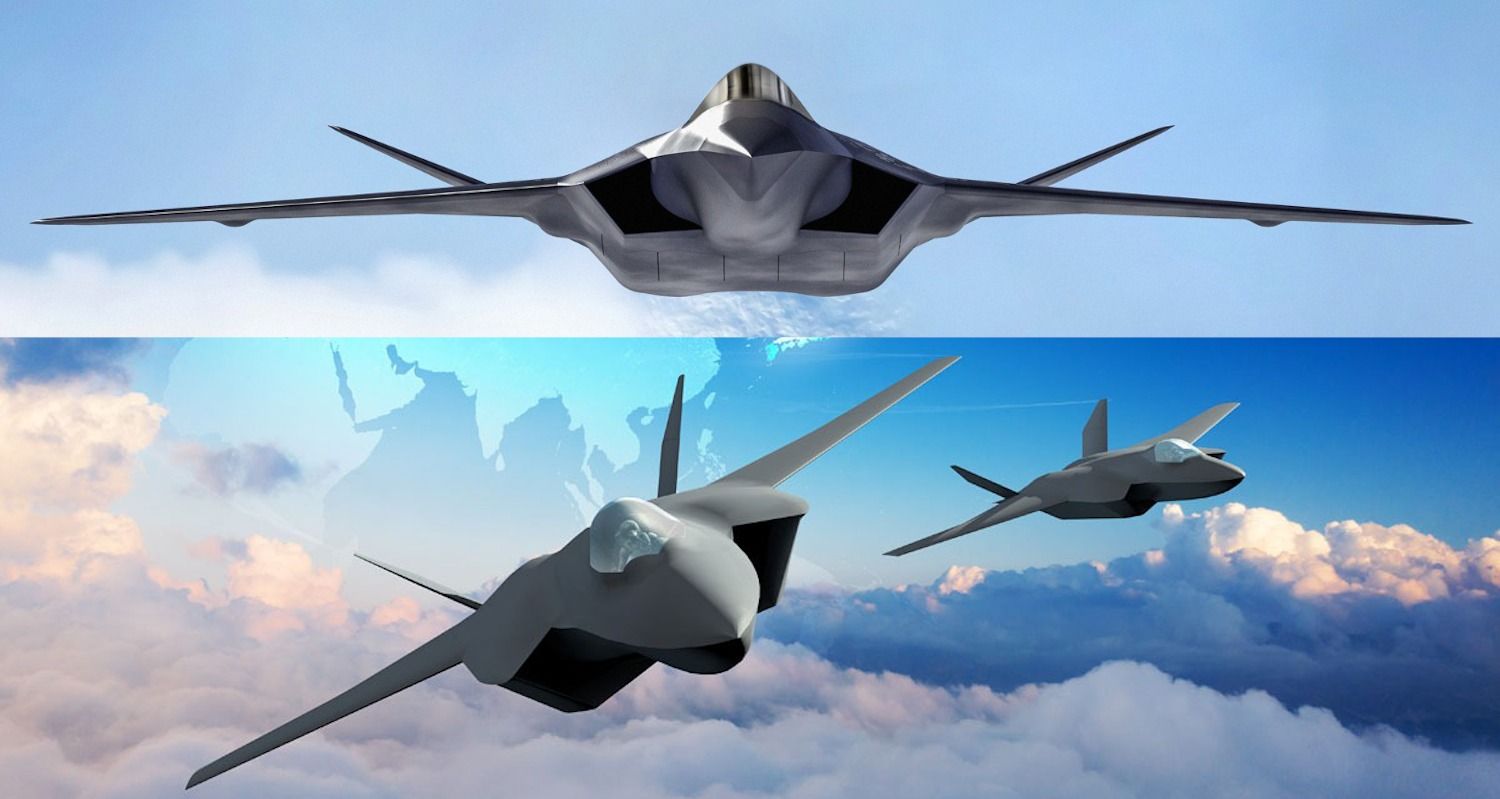Guillaume Faury, CEO of Europe’s largest aerospace and defense company, thinks that the GCAP and FCAS sixth-generation fighter programs should be merged, to unify efforts and cut excessive dependence on US defense industry.
During an interview with the English newspaper The Guardian, Guillaume Faury stated that the European defense industry is at a «turning point» after the Russian invasion of Ukraine in 2022 brought war to the borders of Western Europe. In his view, Europe’s heavy reliance on U.S. military hardware, such as Apache and Chinook helicopters, P-8A Poseidon and E-7 Wedgetail intelligence aircraft (all products of Boeing, Airbus’ main competitor in the civil market), and Lockheed Martin’s F-35 stealth fighter, left the European industry at «subcritical» levels in key defense technology areas.
“We are coming from peacetime,” Faury told the Guardian. “I don’t think Europe has yet the level of preparedness that you would need for a conflict between Europe and Russia. Let’s call a spade a spade. And it seems like Russia is ramping up its defence capabilities..
«If we want to be prepared for potentially different levels of confrontation and conflict, we have to strengthen ourselves,» he added.
The Airbus CEO takes seriously US presidential candidate Donald Trump’s warnings to «abandon NATO», considering it a wake-up call to which the governments of the Old Continent should heed.
«If Trump 2 is of the same nature or even more in terms of the U.S. expecting Europe to take care of itself…we’d better take it seriously,» Faury warned.
It is mainly for these reasons that Guillaume Faury urges Europe and the United Kingdom to «join forces» and merge rival fighter programs, as the development of the sixth generation of European fighters must not repeat the mistakes of the past, when resources were shared among three competing aircraft: the Eurofighter, the Swedish Gripen and the French Rafale.
Italy had also been calling for the merger
The head of the Italian Air Force, General Luca Gorett, expressed in 2021, before members of the parliamentary defense committees, the same idea as the Airbus CEO.
General Gorett commented that while Italy joined the UK-led program because it felt it could play a bigger role than in the FCAS program, the logical thing would be for the two programs to eventually merge, because «investing huge financial resources in two equivalent programs is unthinkable.»

The approach is not without logic. Joining efforts and concentrating resources, while generating European sovereignty and technological independence, instead of generating two European sixth-generation fighter projects that would compete with each other. But experience shows that this is not an easy task to accomplish.
Because it’s not just about good resource management
The fights for the leadership of the program and for the dominance of intellectual property between French and German companies (mainly), significantly delayed the start of Phase 1B of FCAS development. This shows how complicated it is to carry out a program of this type of technological, economic and political complexity, even among partners that are part of the same blocks that guide their geostrategic alignment, such as NATO and the European Union.

The hypothetical merger of the FCAS with the GCAP would entail redefining operational requirements and renegotiating the sharing of responsibilities, the industrial leadership of each development pillar and the tricky issues of «intellectual property», while each actor fervently defends its particular interests.
Nor should it be forgotten that until the outbreak of the Russian invasion of Ukraine, London’s foreign policy had shifted towards the Pacific, particularly following the signing of the AUKUS (trilateral security pact between Australia, the United States and Great Britain), which is seen as another obstacle to meaningful cooperation on European defense projects.
And what about Japan, the big absentee in this discussion? Airbus is pushing for a European fighter… and Tokyo does not seem to be invited.
“It’s quite clear that we need to find a way to pool our efforts together as Europeans to have one very powerful capability by type of weapon system. Does it make sense to not come together for security and defence with the level of insecurity that we see at the borders of Europe? No, I think there’s no choice.,» said Guillaume Faury.
It is evident that while the intention would be to avoid the mistakes of the past, as of today, not much seems to have changed in the scenario that led to the creation of the triad of «Eurocanards» (projects that suffered significant delays and cost overruns, negatively impacting the number of aircraft acquired by each Air Force). The actors and their competing interests are more or less the same, therefore, the same results are likely to be repeated.




Comentarios
Para comentar, debés estar registrado
Por favor, iniciá sesión